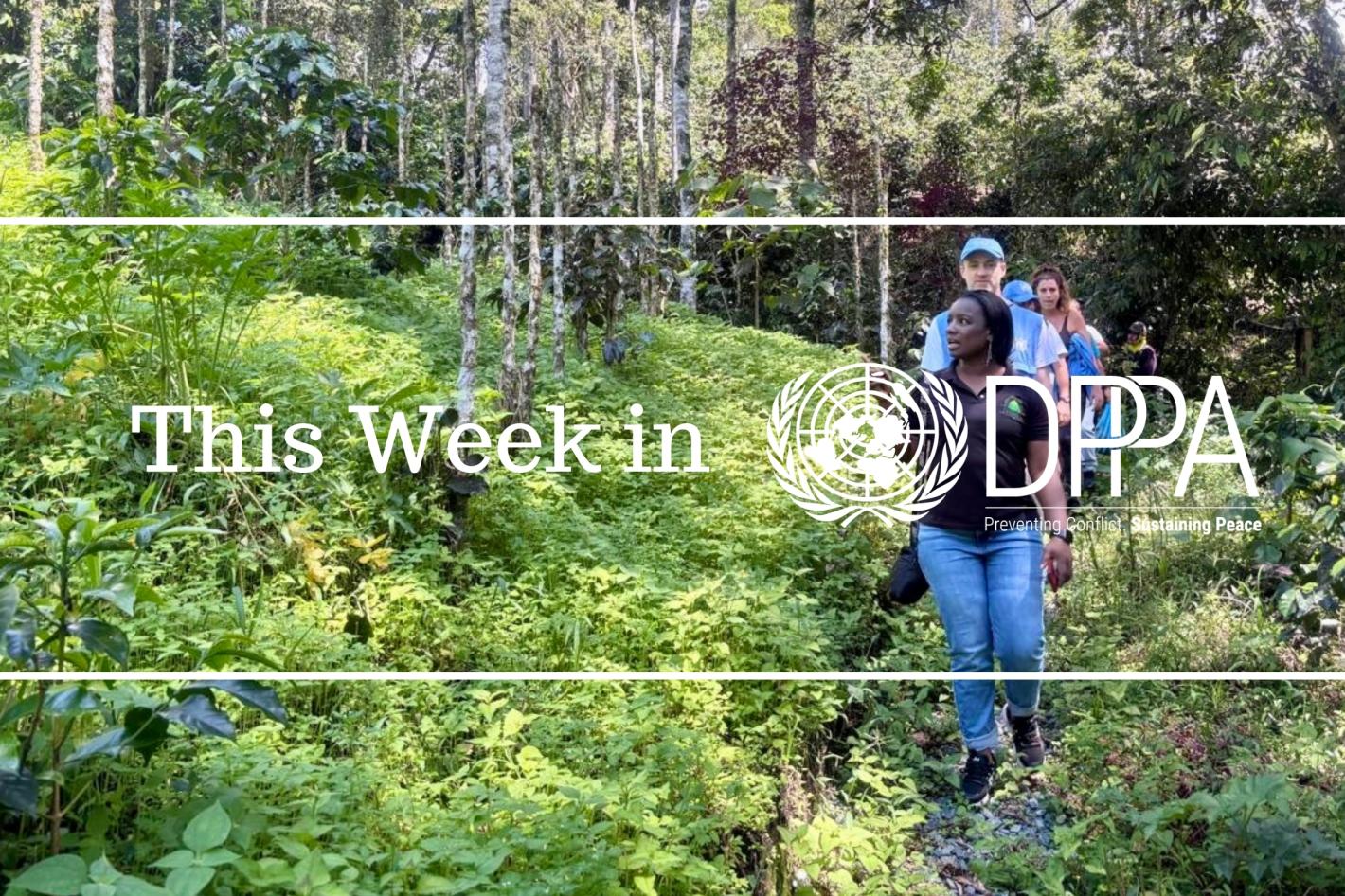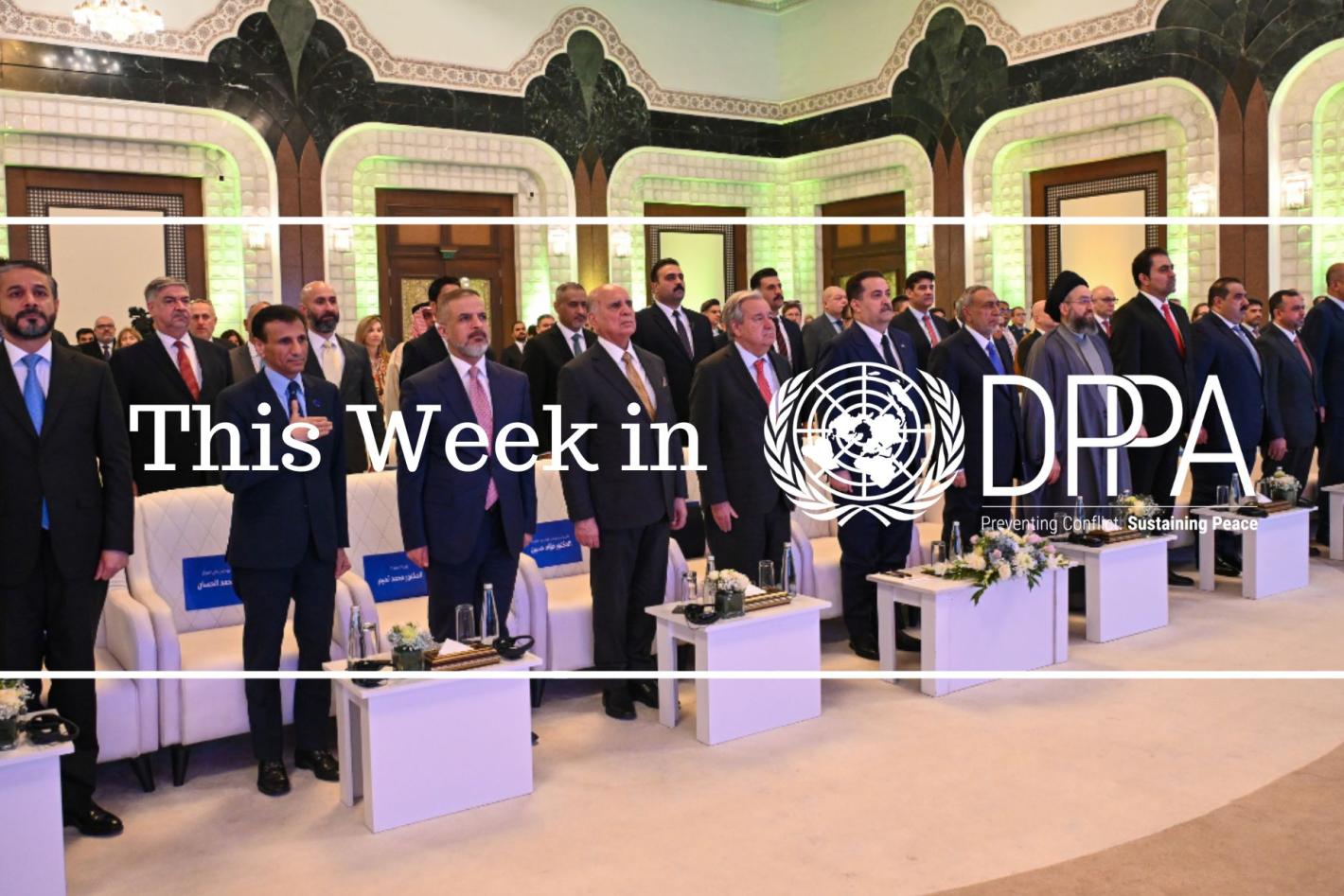
- Home
- News
- Speeches and Statements
- "Politically Speaking" Magazine
- "This Week in DPPA" Newsletter
- News from our Missions
- Home
-
-
-
- News
- Speeches and Statements
- "Politically Speaking" Magazine
- "This Week in DPPA" Newsletter
- News from our Missions





